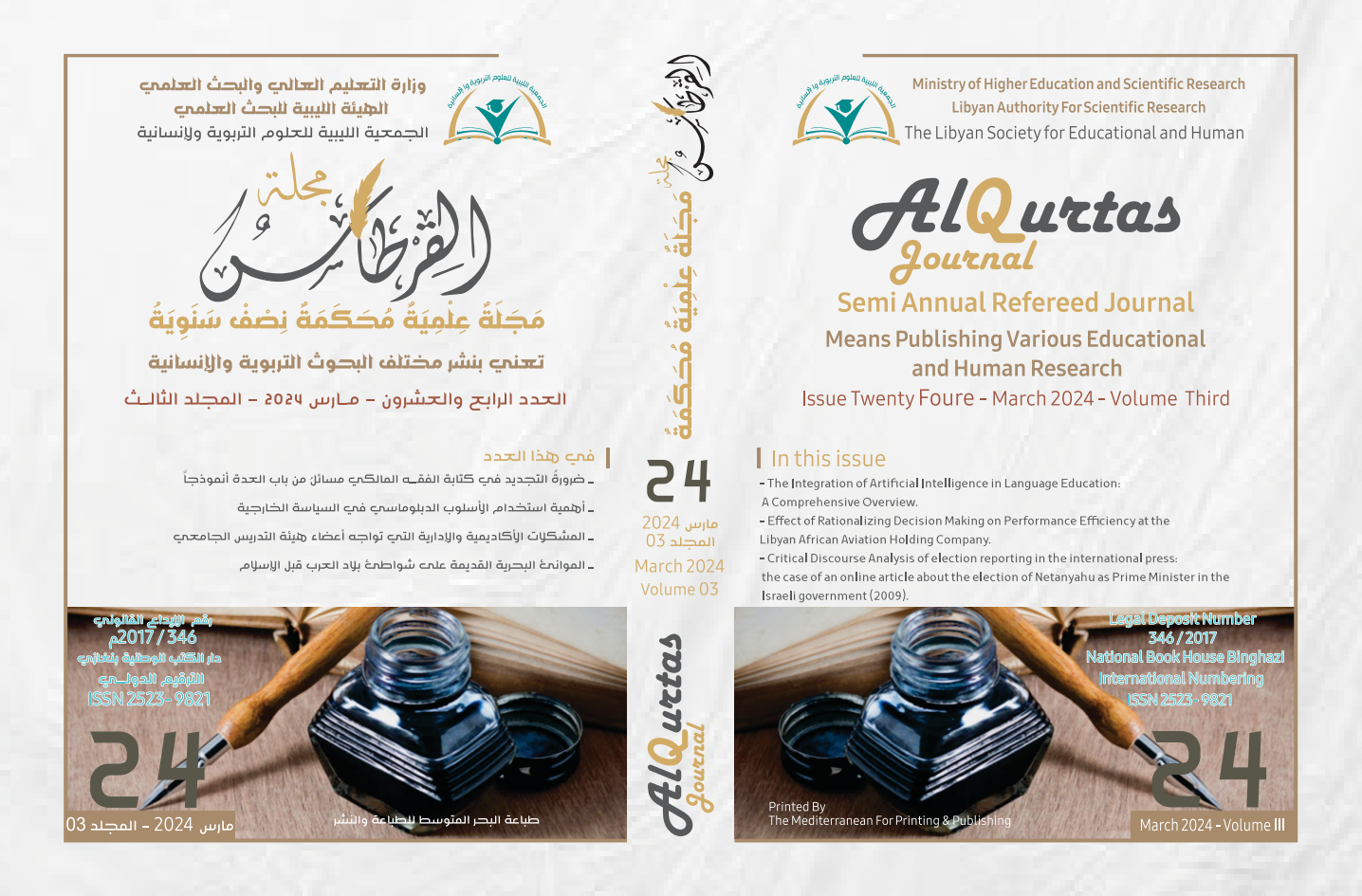الهرمنيوطيقا فلسفة التأويل
Main Article Content
Abstract
The purpose of this research is to clarify the aspects of some studies that dealt with the topic of “hermeneutics,” hermeneutics, or interpretive science, which is considered one of the modern topics that have become alien to the science of Qur’anic interpretation. Some scholars also considered it to be one of the approaches to interpretation that has become insistently imposing itself on the interpretive approaches to the Qur’an. Indeed, we find some classifying it among the literary studies concerned with the interpretation of the Holy Qur’an, which is something that has raised sharp disagreements about this opinion among scholars and interpreters, as pointed out by many researchers in the course of talking about this topic, as some of them confirmed that many of the Opinions about this approach "differ between supporters and opponents regarding its positive and negative results, knowing that the interpretations of the Qur’an, ancient and modern, are nothing more than interpretations that depend on narration and knowledge", meaning transmitted interpretation and interpretation based on opinion, before addressing its definition and determining what it is. Its areas of operation, it behoves us to refer to it within its path and historical context. It is possible to talk about its historical roots and the process of its uses as an interpretive method, by adhering to a set of rules and standards that the interpreter must follow to understand the religious text Through the research, we extracted some results and recommendations, including the following: The historical roots of this word carry within it a lot of semantic heritage Among the recommendations are the following: • - When language appears out of nowhere, it is not signs but sounds, and it loses some of its expressive power and then some of its meaning when it is reduced to a visual image.

